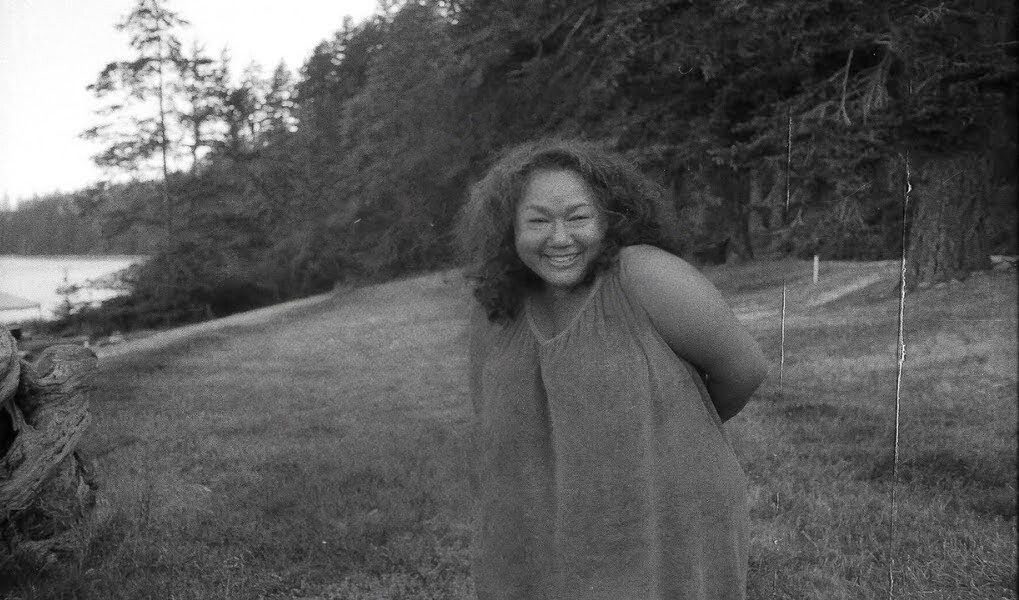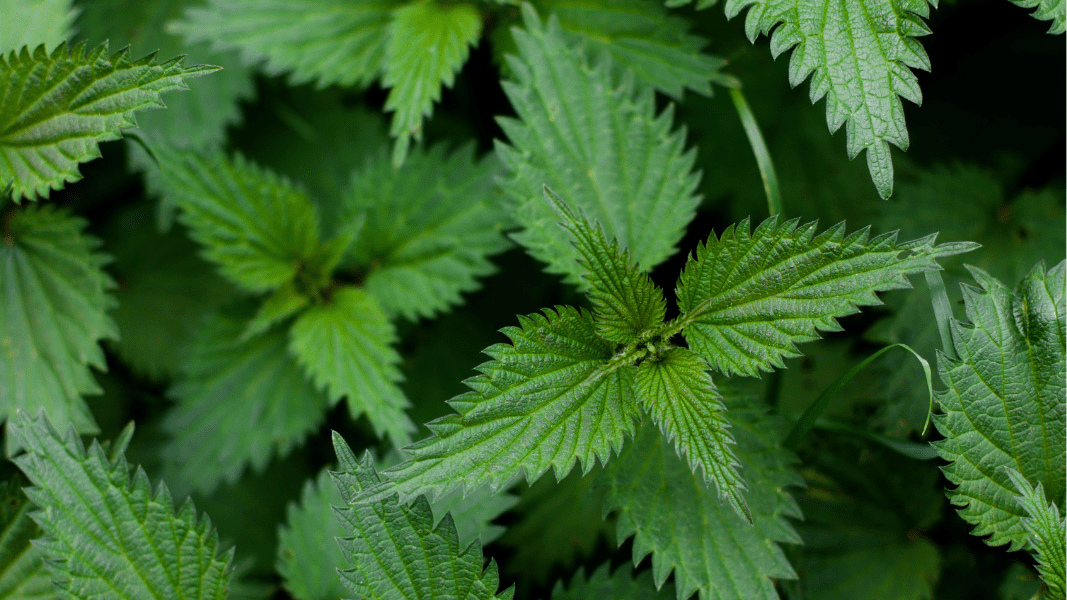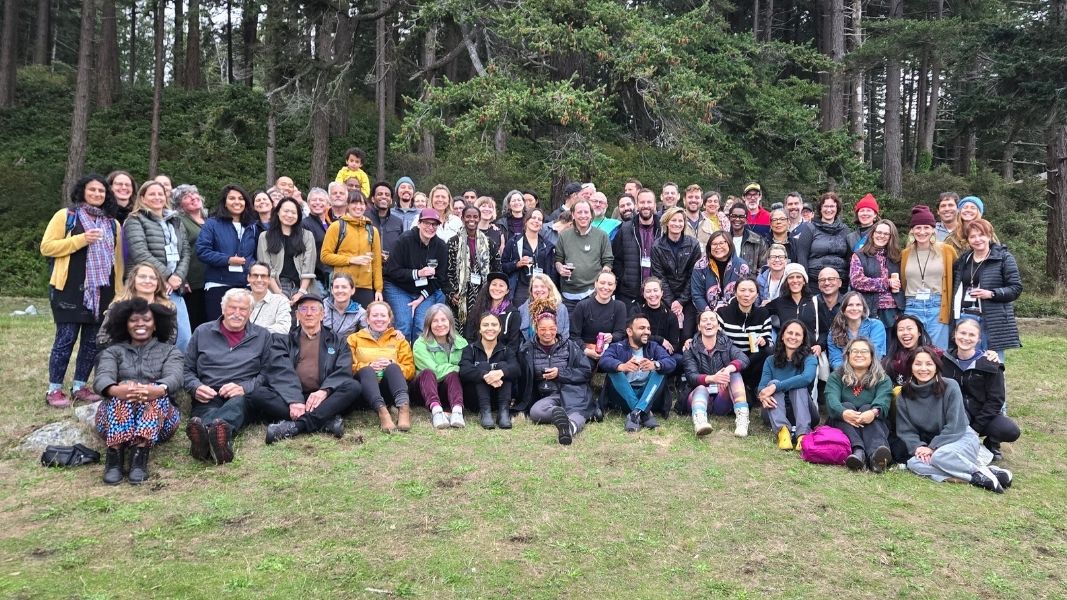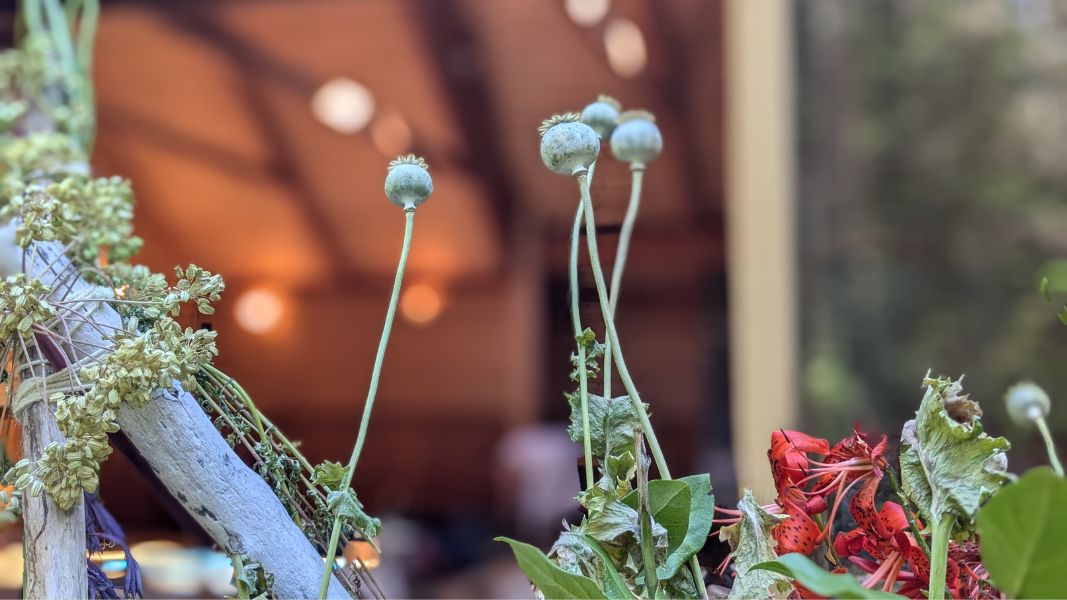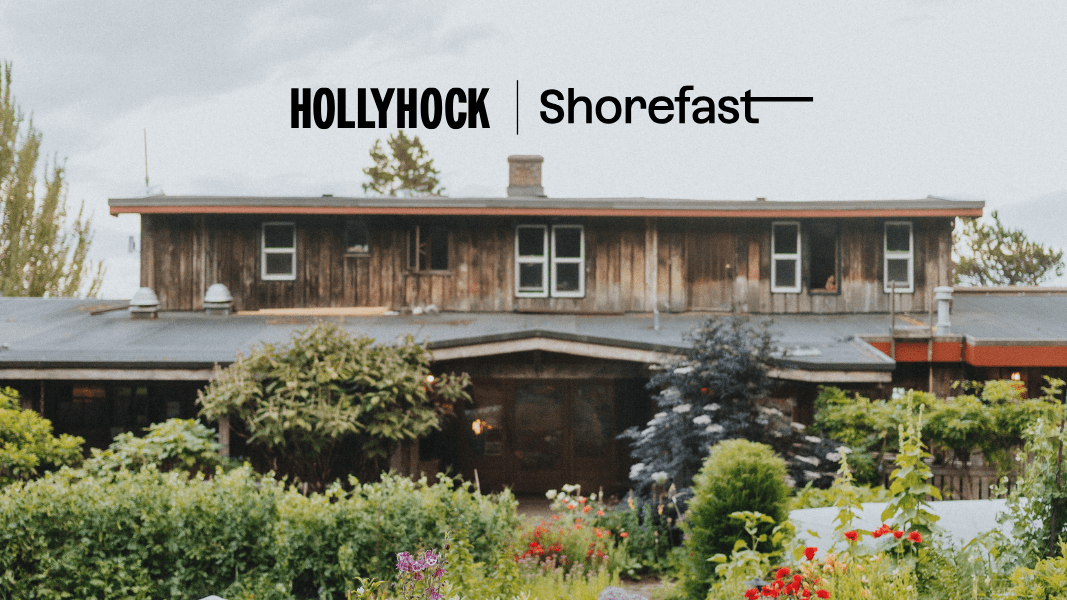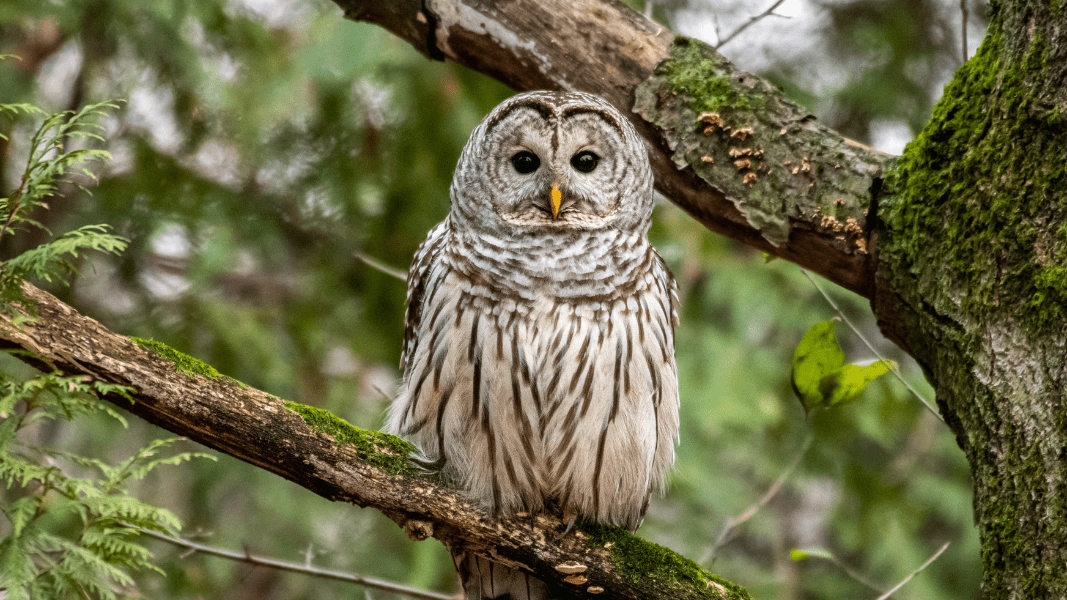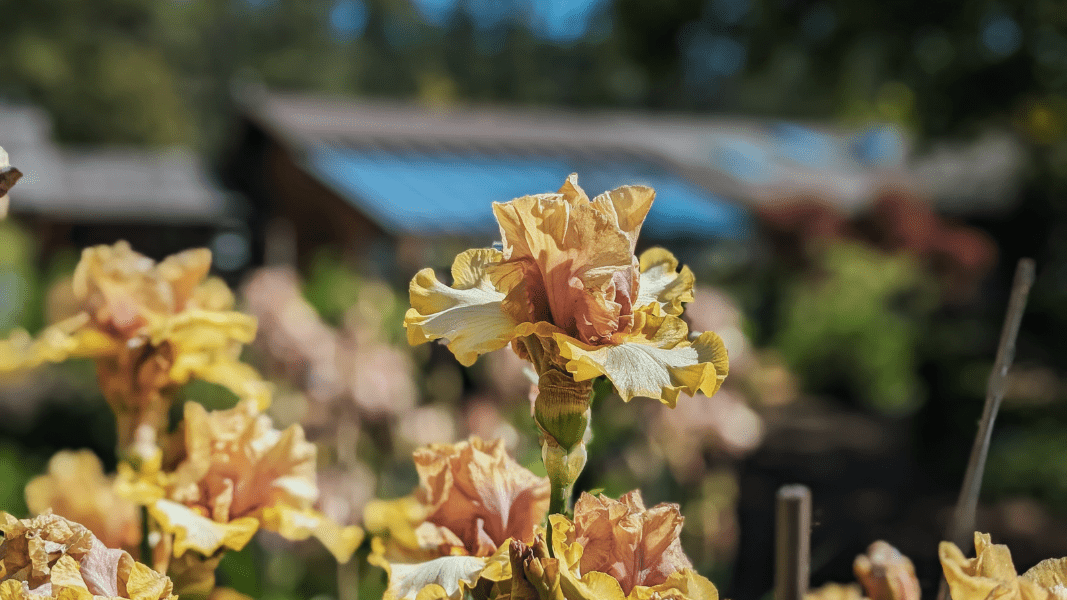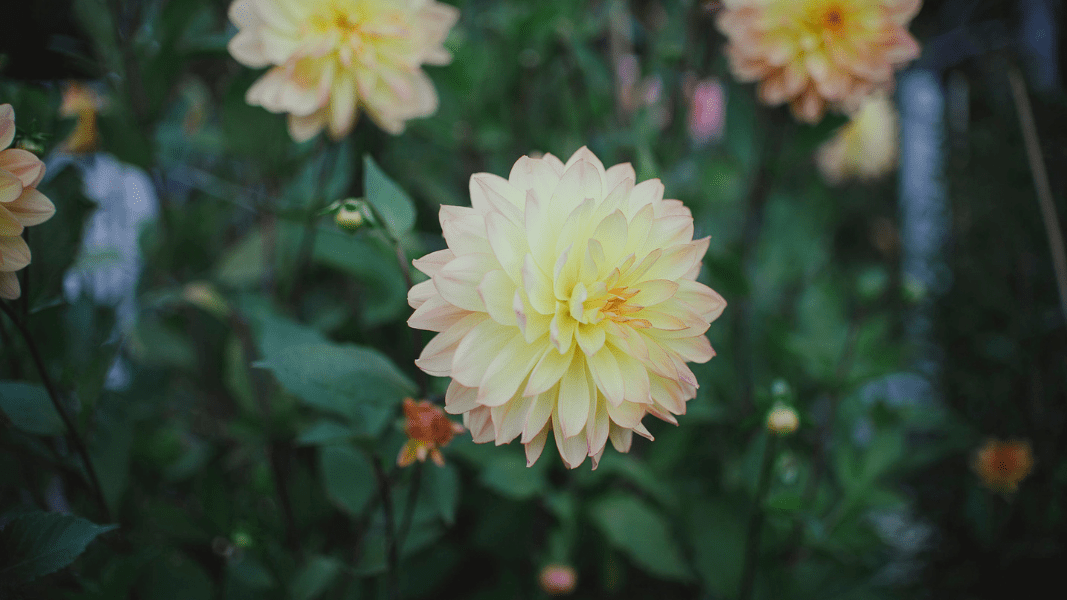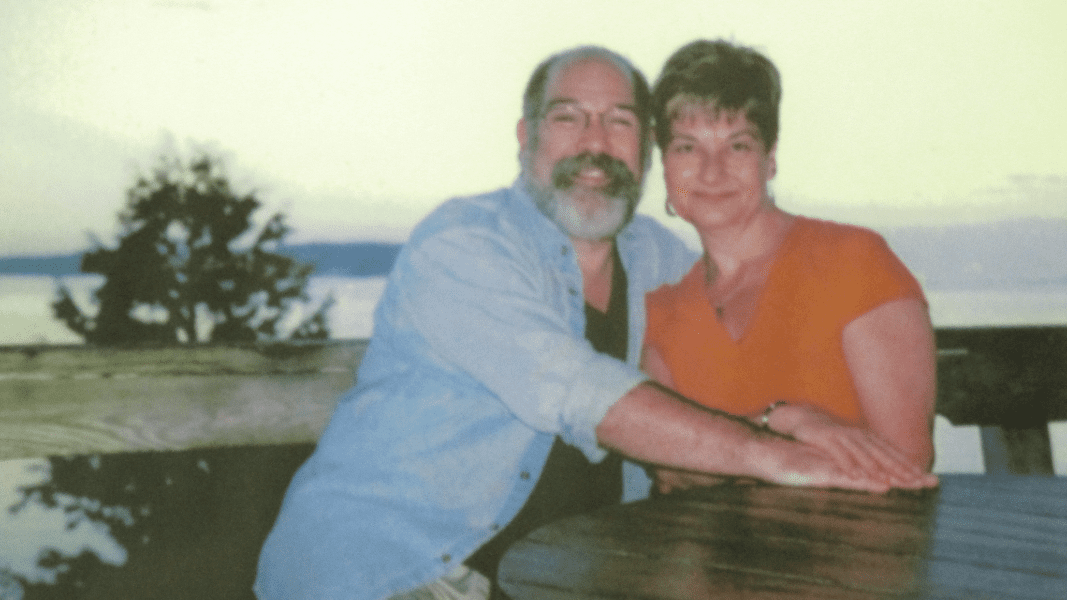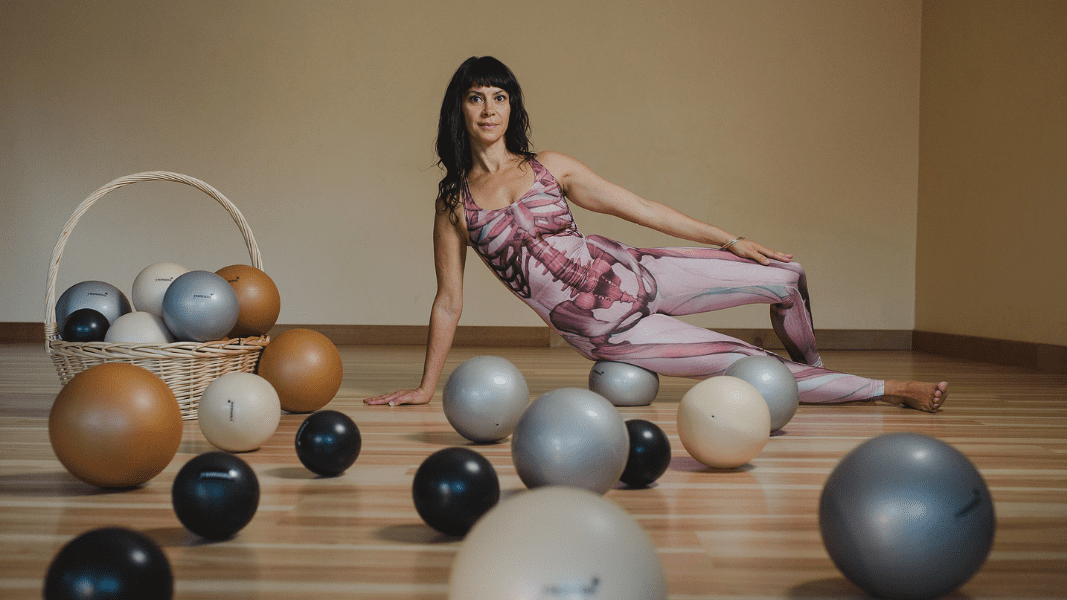As we prepare for this year’s Psychedelic Summit, we sat down with Kim Haxton—Potawatomi leader, land-based educator, and longtime guide for transformative work at the intersection of spirit, justice, and healing. In this conversation with Orane Cheung, Kim shares reflections on Indigenous presence in the psychedelic field, the urgency of connection, and the long arc of accountability.
“From Disconnection to Connection”
Kim introduces herself simply and powerfully: “My name is Kim Haxton. I’m part of the Sixties Scoop. My family lineage comes from the Martin Clan of the Potawatomi Nation, from a place called Wasauksing—the place of the shining bay.”
Her work, she says, is about moving from disconnection to connection. In a world fractured by colonization, extraction, and commodification, she invites us to return to authentic relationship—with each other, with land, and with lineage.
On Holding Space
Kim will be co-stewarding this year’s Psychedelic Summit on the traditional territory of the Klahoose Nation. Her vision for holding the container is one of presence and pace:
“It’s about being grounded in place, on the island. Slowing the moments down so the magic can happen. Being with the phosphorescence at night, the forest, the trees—that’s where the teachings are.”
Ceremony isn’t something you build a schedule around. It’s something that unfolds when space is made for the land to speak.
A Different Kind of Summit
What sets this gathering apart from others in the psychedelic space?
“We have a broad, sweeping group of people—academics, ceremonialists, people with lived experience—and an unusually high number of Indigenous speakers. It’s intimate. People actually drop in, listen past discomfort, and connect deeply.”
That intimacy matters. In a field often dominated by capitalist models and extractive approaches, Kim calls for an ethos rooted in reciprocity and respect—not fast-food spirituality.
On True Accountability
Kim doesn’t shy away from naming hard truths. When asked about accountability in psychedelic spaces, she gets to the heart of it:
“Standing in solidarity means walking in action. It means being uncomfortable, unlearning, and not demanding access. Too many people have mystical experiences and suddenly think they’re ready to serve medicine. That’s dangerous.“
“We need to understand equity and privilege. Indigenous people have used these medicines for thousands of years—and yet their use is still criminalized while others profit. We have to learn the history so we can move forward with wisdom”.
A Call to Learn—and to Give
Asked how non-Indigenous participants can show up with care, Kim’s guidance is clear:
“Be open. Be present. Don’t demand. Don’t expect. You don’t get to say, ‘Teach me.’ You get invited in”.
She encourages folks to deepen their learning with resources like the Yellowhead Institute’s Land Back and Cash Back reports, and to support community-led projects—like a youth arts initiative being launched by a summit guest from the Global South.
What She Hopes You’ll Carry Forward
More than anything, Kim hopes participants leave with a sense of lasting connection.
“I’m always interested in building community. People who wouldn’t normally meet come together. I hope we can help spark new projects, relationships, and initiatives long after we leave the island”.
For the Long Haul
What seeds can we plant now to ensure this work continues?
“When we talk about equity, we need to look around the table. Who’s there? Age, race, language, education, mental health—diversity has many faces. It’s about who’s represented, and who still needs to be invited in.”
On National Indigenous Peoples Day—and every day—we are reminded by Kim that transformation isn’t just a moment of insight. It’s a lifelong relationship. As she says, “A gift is a gift without expectation.” And change is made, not by consuming experiences, but by committing to community.
“We’re in a time where there’s a lot of sadness. So just say: Why not? Why not be in right relationship? Why not make the choice to support, to learn, to show up in ways that actually help each other move toward the next iteration?”
Be open. Be present. Don’t demand. Don’t expect. You don’t get to say, ‘Teach me.’ You get invited in.
We’re grateful to Carlos Romero for capturing the photo of Kim.

